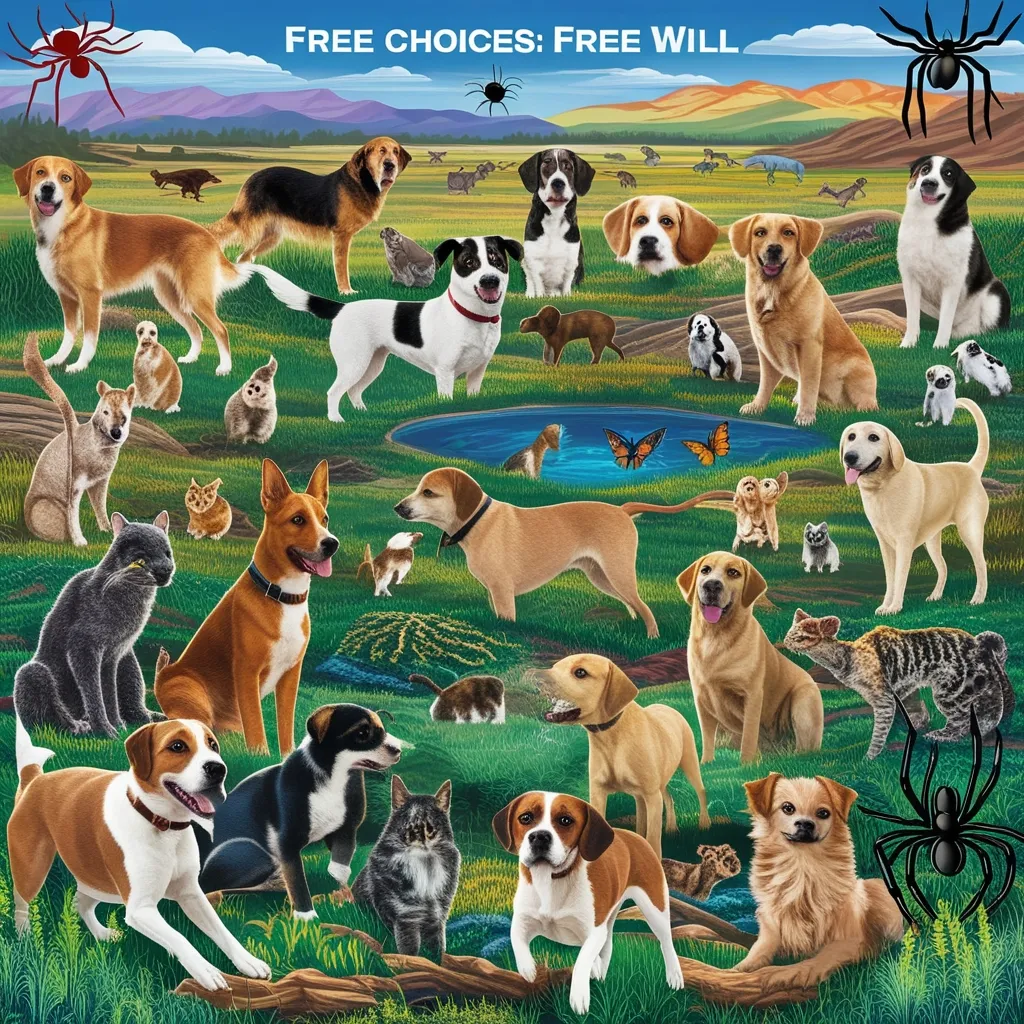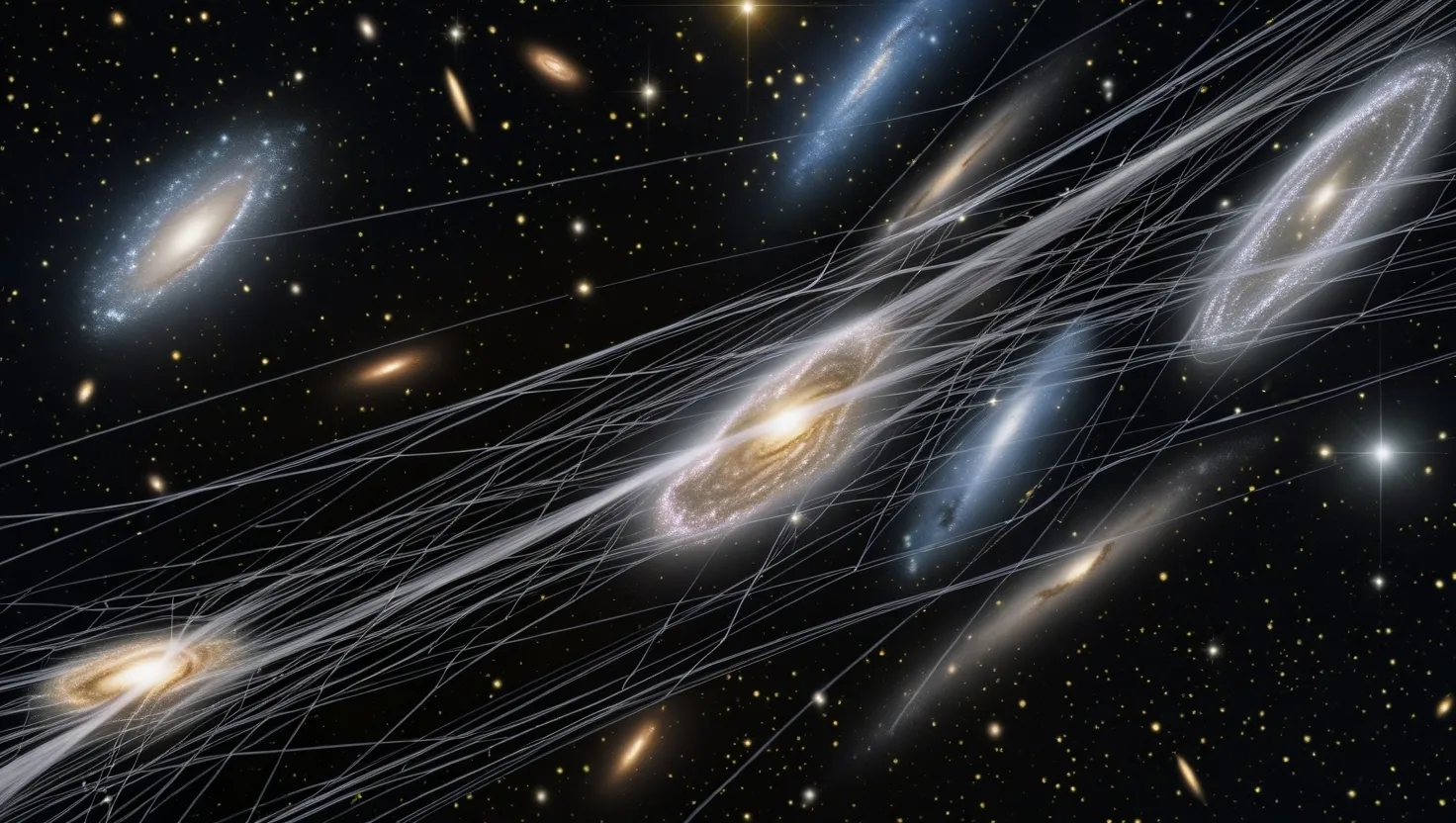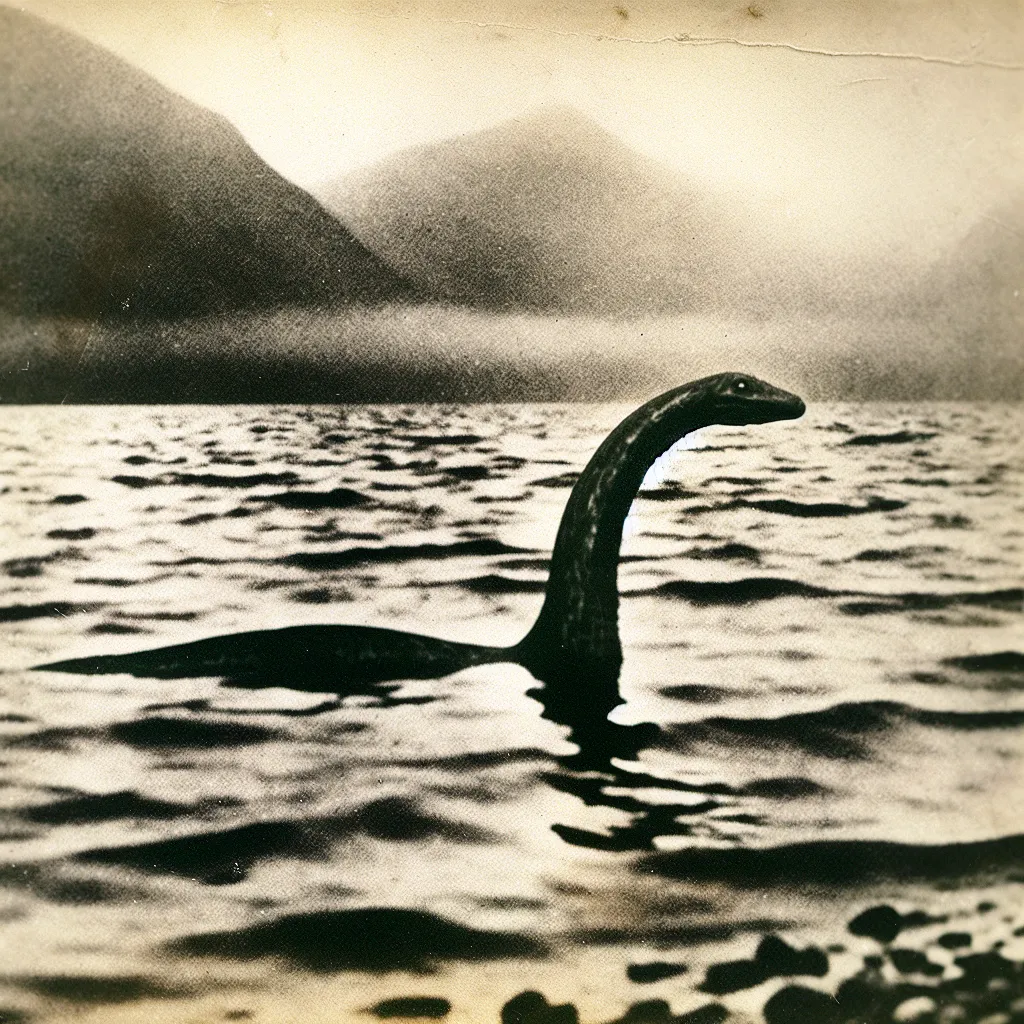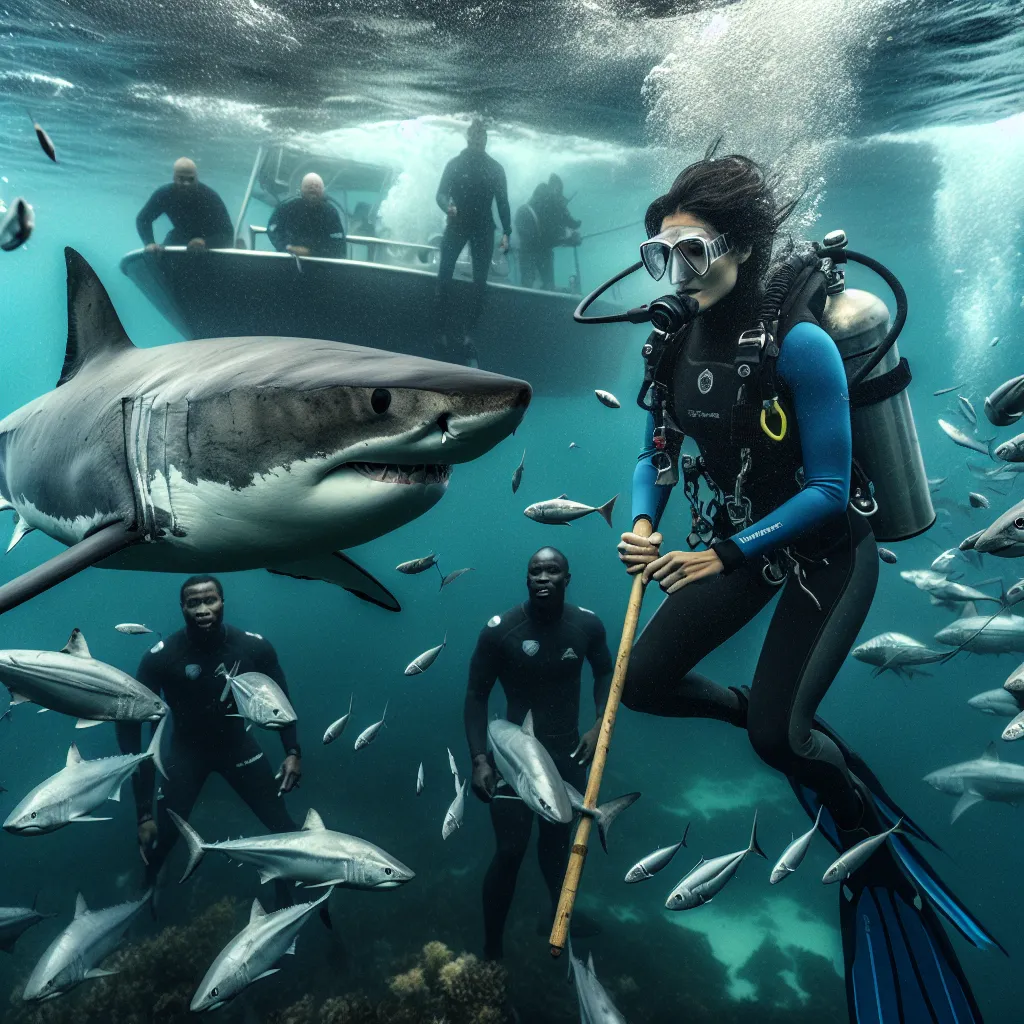The concept of free will is one of those things that sparks serious debate, not just among humans but when thinking about animals too. Traditionally, we’ve seen humans as the only beings with free will, capable of making choices uninfluenced by just instincts or environmental nudges. However, this age-old belief is being challenged by new research and philosophical discussions that rattle the very idea’s core.
Picture it: in the traditional view, free will was tightly tied to human consciousness and the ability to consider moral and ethical issues before making decisions. Humans were thought to have this unique capacity to deliberate and act intentionally. Animals, on the flip side, seemed to operate on pure instinct, responding to their environments without the heavy lifting of deep cognitive thought. But are they truly just prisoners of their instincts, or is there more to the story?
Fast forward to today, and this idea is being poked and prodded like never before. Neurobiologists are pulling out the crazy discoveries that even simple creatures like invertebrates show behaviors hinting at decision-making abilities. Take fruit flies for instance. They do things like changing their behavior in new situations, indicating their reactions go beyond automatic responses.
This brings up a somewhat revolutionary idea gaining traction: maybe free will is less about metaphysical magic and more about biology. The brain, after all, is a complex organ capable of performing intricate computations, weighing internal desires against the external push and pull of the environment. This allows for behaviors that sometimes teeter on unpredictable—key for survival and new explorations. Even in simple organisms, this buffet of abilities can spark actions that resonate with what we call free will.
Now, diving into animal agency, some philosophers propose that animals have what could be referred to as “two-way powers.” They can make choices within the boundaries of their instincts and surroundings. For instance, a dog deciding whether to chase a stick or a spider determining its web’s next location shows a level of decision-making or agency, albeit simpler than human choices.
Quantum mechanics further stirs the pot in this free will discussion. If the universe isn’t chained by strict determinism—as some principles of quantum mechanics suggest—then perhaps there is room for a form of free will that permeates all biological systems, even at the simplest levels. This blows the idea wide open, doesn’t it?
The relationship between consciousness and free will adds another layer to this debate. While animals might not experience consciousness at our level, they still exhibit consciousness. Take the desire of a dog for bacon—sure, there are chemical reactions, but it also involves subjective experience. All this challenges the idea that consciousness can be boxed into purely physical processes.
With the realization that animals might have a sliver of free will, ethical and moral treatments of them become tricky. They’re not just brainless automata but creatures capable of decisions, which rocks the boat on animal rights talks and moral responsibilities.
Free will doesn’t really follow a one-size-fits-all model. Instead, it’s more of a spectrum. More complex animals enjoy the luxury of more decision-making freedom than the simpler ones. So while animals might not be on par with humans regarding free will, dismissing them as devoid of it feels increasingly outdated.
Humans often pride themselves on their free will capacity, but stepping back to consider animal agency can be humbling. Humans can deliberate, judge morally, and pick values—a unique ability, some might argue. Still, acknowledging that animals have agency, in whatever humble form, bends us toward appreciating life’s complexity across variegated species.
Regardless of advances in cognitive and behavioral studies, whether animals have free will remains a maze of mystery. This crossroads taps into bigger questions about consciousness, determinism, and the fabric of life. It’s this continuous puzzle that nudges us to push the boundaries of what we know now. More research? Absolutely essential!
Treading into personal reflections, there’s something deeply telling in watching a pet like a dog decide whether to fetch a ball or lounge about, or a cat juggling between lazing in the sun and hunting. These seemingly mundane moments shine a spotlight on agency levels that textbooks might often skip over, making this scientific and philosophical territory more relatable and captivating.
In the long run, the tantalizing mystery of whether animals possess free will is far from settled. Yet, by chewing over the biological, philosophical, and ethical facets of this topic, our eyes might open wider to the intricate web of life. Whether or not animals have free will, the evidence suggests they’re making decisions that cannot be boiled down to sheer determinism.
Ultimately, the hunt for understanding free will—whether in humans or animals—is one of the most mesmerizing riddles of our time. As this investigation unfolds, the lines separating human from animal, free will from determinism, might not be as stark as we once drew them. And who knows, maybe in the unfolding dance where science and philosophy meet, we’ll stumble upon answers that stir a change in how we view the tapestry of life and choice.






